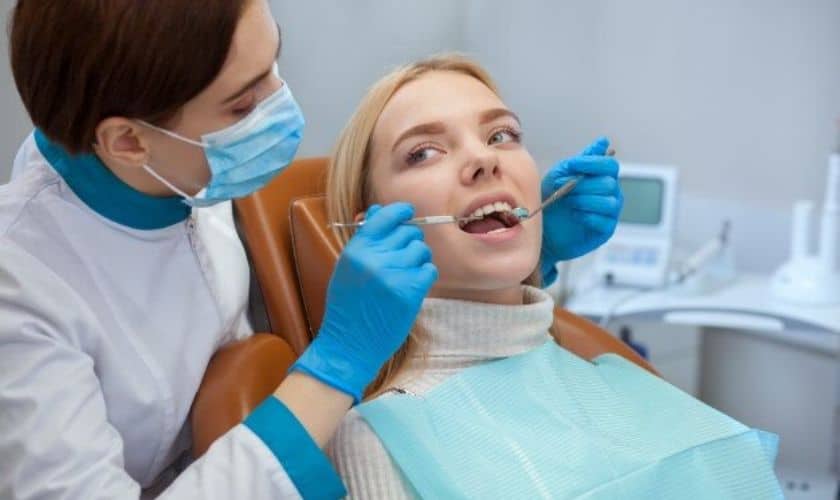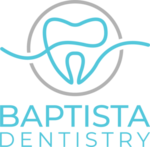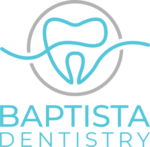TOOTH EXTRACTIONS
TOOTH EXTRACTIONS
EXTRACTIONS & WISDOM TEETH REMOVAL
HOW IS A TOOTH EXTRACTION PROCEDURE PERFORMED?
What is Tooth Extraction? A tooth extraction involves removing a tooth from the alveolar bone when other options are ineffective or the tooth is compromising oral health.
Prior to removing your wisdom tooth, we will schedule a consultation with you. This is necessary in order to examine your mouth and teeth to check for any underlying issues such as infections or abscesses. Once you are ready for the procedure, you will be given a local anesthetic.
In some cases, an incision or bone removal may be required for access depending on the complexity of your tooth condition.
After the tooth is removed, you will likely need to have stitches placed; these will dissolve on their own over the next several days and do not require a follow-up appointment to be removed. It is important to follow all aftercare instructions to prevent infection or problems later on down the road.
FAMILY DENTISTRY
Check Ups & Cleanings
Children’s Dentistry
Dental Sealants
Root Canal Therapy
Tooth Extractions
Full/Partial Dentures
Nightguards | Sportguards
EXTRACTIONS & WISDOM TEETH REMOVAL
HOW IS A TOOTH EXTRACTION PROCEDURE PERFORMED?
What is Tooth Extraction? A tooth extraction involves removing a tooth from the alveolar bone when other options are ineffective or the tooth is compromising oral health.
Prior to removing your wisdom tooth, we will schedule a consultation with you. This is necessary in order to examine your mouth and teeth to check for any underlying issues such as infections or abscesses. Once you are ready for the procedure, you will be given a local anesthetic.
In some cases, an incision or bone removal may be required for access depending on the complexity of your tooth condition.
After the tooth is removed, you will likely need to have stitches placed; these will dissolve on their own over the next several days and do not require a follow-up appointment to be removed. It is important to follow all aftercare instructions to prevent infection or problems later on down the road.

DID you know?
REASONS FOR PULLING TEETH
Teeth are commonly pulled due to excessive damage, problematic wisdom teeth, or to prepare for other dental procedures.
Wisdom Teeth
Wisdom teeth typically appear later in life than the other teeth, and they may not always cause problems. However, some wisdom teeth grow into the wrong positions or angles, or there may not be enough space in the mouth for them. As a result, we often recommend removing wisdom teeth to:
- Prevent crowding of other teeth
- Maintain proper alignment of other teeth
- Alleviate discomfort or pain
- Treat infections, tumors, or cysts
- Prepare for orthodontic treatment
Even if wisdom teeth erupt correctly, their positioning can make them harder to clean, leading to oral health problems.
If you delay the extraction of these teeth, you may experience issues such as infection, partial eruption, swelling, and pain later in life.
This is why we usually recommend wisdom teeth extraction in order to maintain a healthy mouth. If the teeth are not extracted, they will need to be monitored continuously by your dentist.
Extensive Damage
When a tooth is severely damaged due to dental decay, gum disease, or injury, it may need to be extracted.
AFTER THE EXTRACTION PROCEDURE
We recommend taking the rest of the day off work or school, no matter which option you choose, to allow the effects of the anesthesia to wear off.
If the procedure requires stitches, these should dissolve after a few days. To help manage swelling or discomfort, you can use an ice pack on your jaw.
Keep soft foods on hand, such as rice, pasta, and soup, ready to eat, as these will not irritate your wounds. You’ll also want to avoid rinsing your mouth too aggressively so the blood clots that form over the site are not disturbed. Only start brushing your teeth after the second day.
If you experience fever, swelling, or discomfort lasting more than three days, please contact our office.
TOOTH REPLACEMENT
After a tooth extraction, your dentist will discuss options for replacement such as a dental implant, bridge, or denture.
Replacing missing teeth will prevent adjacent teeth from shifting and compromising your oral health.
EMERGENCY TOOTH EXTRACTIONS
Make an appointment today for Tooth Extractions services in Downtown Toronto. To accommodate busy work and school schedules, Baptista Dentistry stays open Monday until 6:00 PM, Tuesday-Wednesday from 7:30 AM until 4:00 PM, Thursday from 7:30 AM-4:45 PM, and from 7:45 AM – 2:45 PM on Fridays. Call anytime during our office hours for emergency service so that we may accommodate you as soon as possible.

NOW ACCEPTING NEW PATIENTS
And Dental Emergencies
NOW ACCEPTING NEW PATIENTS
And Dental Emergencies
Book Your Dentist Appointment Now!
To schedule a comprehensive dental examination or consultation for a specific treatment inquiry, please contact us.

